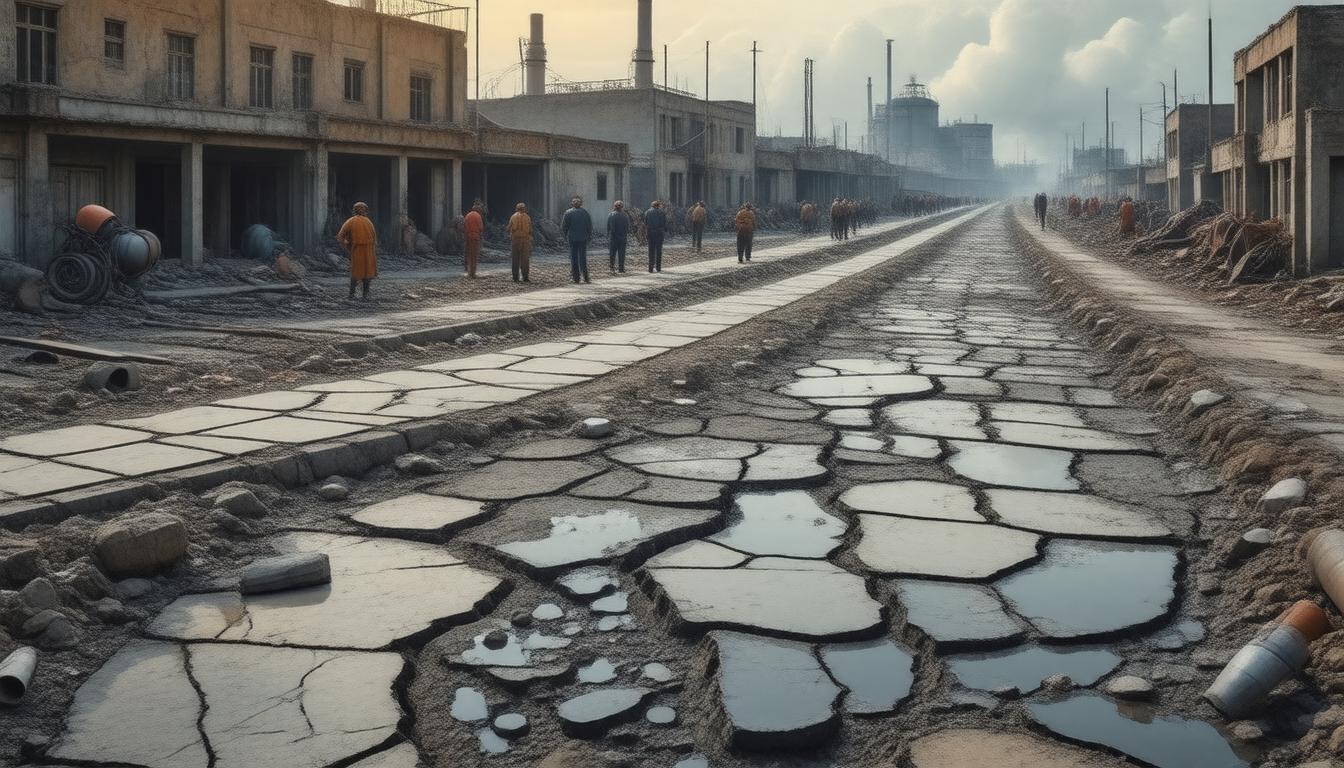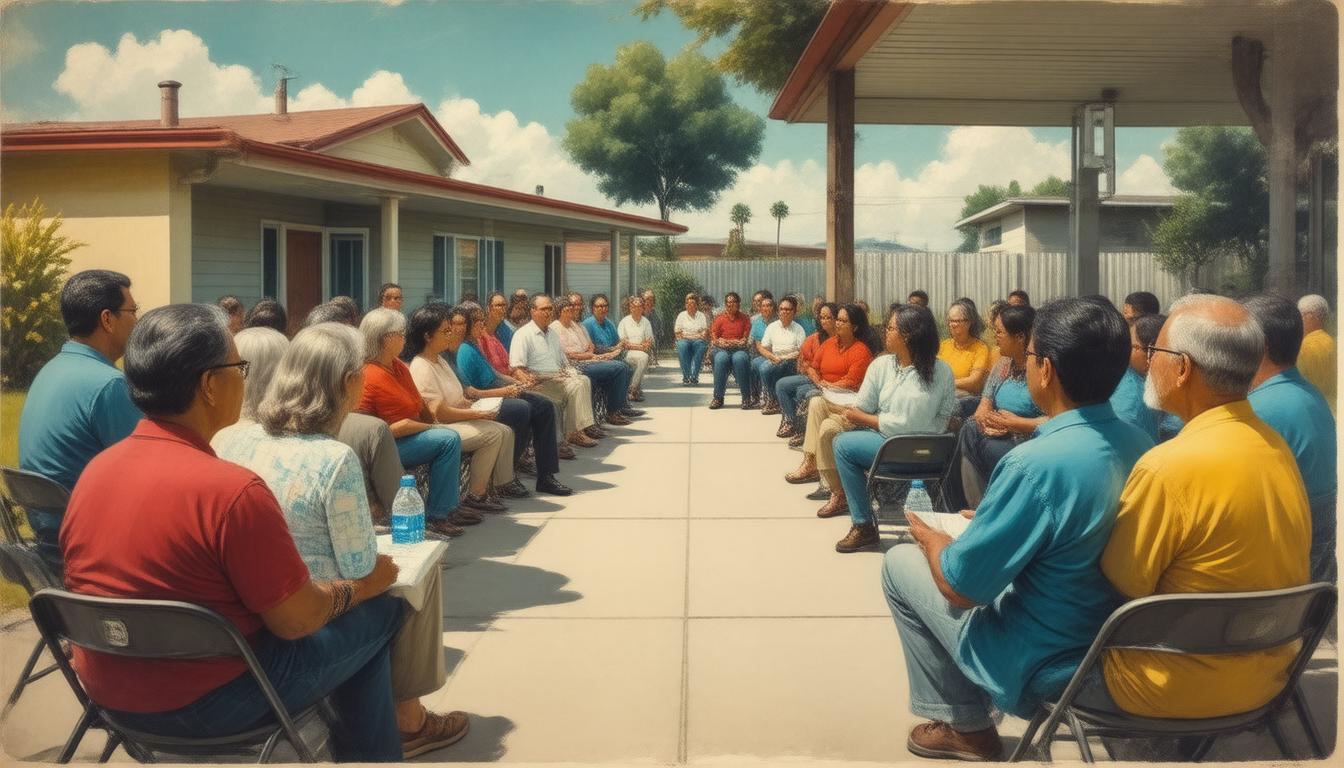

Sewer Permitting Process in New York City
Obtaining a sewer permit in New York City involves navigating a specific set of requirements and utilizing the Permit and Review Information System (PARIS). This system is an integral part of the permit application process for Licensed Master Plumbers, Professional Engineers, and Registered Architects. For those involved in construction or plumbing projects within the city, understanding and adhering to the protocols of PARIS is crucial.
Using the PARIS System
The PARIS system serves as the primary platform for managing sewer permit applications in New York City. Professionals in the field must establish an account to access this system, which necessitates submitting an authentication form. This form not only confirms the user’s identity but also requires validation by a New York State Notary Public to ensure its legitimacy.
Through PARIS, Licensed Master Plumbers, Professional Engineers, and Registered Architects can submit applications electronically. This includes requests for repairs, relays, tap connections, and new sewer connections. It is essential for these applications to be meticulously prepared, often requiring the expertise and oversight of a professional engineer or registered architect to meet city standards.
General Sewer Permit Guidelines for Other Cities
While the approach to acquiring sewer permits can vary from city to city, many urban areas share common procedures and requirements. Typically, the city’s department of public works, water utilities, or environmental protection administers these permits. Prospective applicants should start by visiting the city’s official website to locate relevant information on the permit process.
Application Procedures and Compliance
Sewer permit applications generally involve downloading and completing the necessary forms, which can usually be found online. Depending on the city, these forms can either be submitted electronically via designated online portals or physically delivered in person. For example, cities like Los Angeles and Chicago offer comprehensive online systems to facilitate permit submission and tracking, providing a level of convenience for applicants.
Regardless of the city, including all necessary certifications and approvals from licensed professionals is paramount. These documents play a critical role in ensuring compliance with local regulations and in obtaining the requisite approvals. In cities where in-person submissions remain the norm, such as Houston and Phoenix, applicants are required to visit the local department office to complete the process.
It is important for individuals and businesses involved in the sewer permitting process to stay informed about specific requirements and ensure compliance with both city-specific and general guidelines to avoid any legal or logistical complications during their projects.







